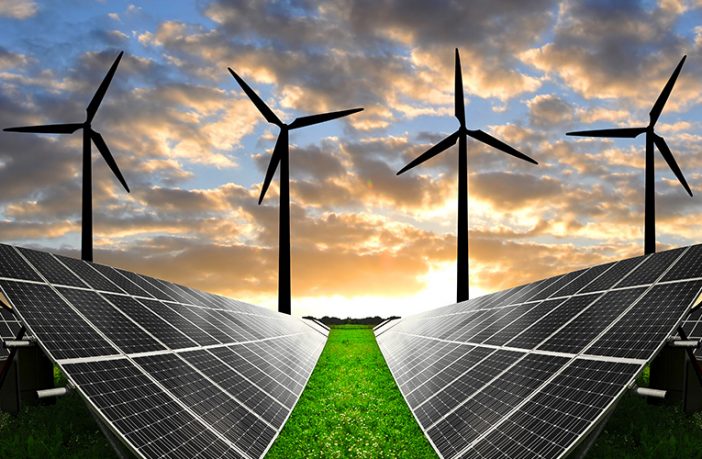- Malawi has joined a Regional Liquidity Support Facility (RLSF), an initiative that supports small- and mid-scale renewable energy IPPs (from 50 to 100MW) in sub-Saharan Africa.
- The Facility, which has an initial capacity of $74 million and has signed agreements with five countries in Africa so far.
- The RLSF provides assistance for projects to reach financial close and to reduce the energy deficit.
Malawi has joined a Regional Liquidity Support Facility (RLSF), an initiative that supports small- and mid-scale renewable energy IPPs (from 50 to 100MW) in sub-Saharan Africa by helping these projects reach financial close and to reduce the energy deficit.
Since launching a year ago, the RLSF has signed agreements with five countries, namely; Benin, Burundi, Uganda, Zambia and now Malawi. The RLSF is a joint initiative of the African Trade Insurance Agency (ATI), and KfW with funding from the German Federal Ministry for Economic Cooperation and Development.
George Otieno, the CEO of ATI, noted: “Our initial five partner countries are paving a path for what is possible in the African renewable energy space. By signing onto the RLSF agreement these governments have committed to provide support to IPPs implementing projects in their countries.
“This sends a powerful message about their will to drive the renewable energy sector in Africa. We are optimistic that other countries across Africa will follow.” Read more: 60MW solar plant to end blackouts
The Facility, which has an initial capacity of $74 million, targets small- and mid-scale renewable energy projects because renewables are generally cheaper, easier to implement, and integrate into the national electricity grid.
On average, electricity generated by non-renewable energy producers costs between $0.40 to $0.50 per kWh compared to renewable energy solutions that can cost anywhere from just $0.10 to $0.18 per kWh.With such savings, renewable energy is a viable alternative and the RLSF aims to provide further incentives to African governments to sign up.
The RLSF protects IPPs against the risk of delayed payments by public off-takers. This type of guarantee is a common requirement from lenders that fund projects, which have often failed to access funding and in turn reach financial close because this type of guarantee was not available.
The initiative hopes to change this by providing the required guarantee in cooperation with the LC issuing bank ABSA Bank Ltd.
Author: GBA News Desk/ESI Guest Contributor
This article was originally published on ESI Africa and is republished with permission with minor editorial changes.















